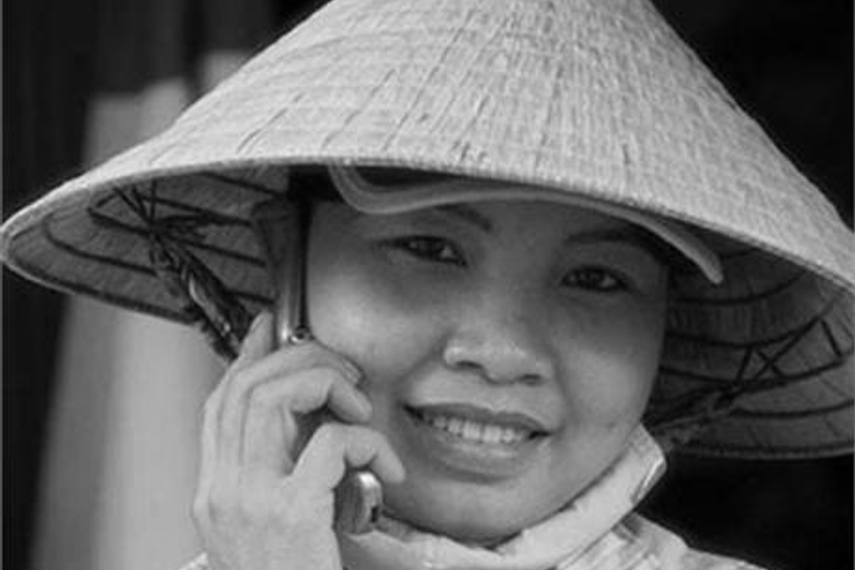
Please sign in or register
Existing users sign in here
Having trouble signing in?
Contact Customer Support at
[email protected]
or call+91 22 69489600
The report, Smartphone Research on Mobile Internet and Market Trends, spanned 30 markets globally and 11 markets in Asia-Pacific

Contact Customer Support at
[email protected]
or call+91 22 69489600
Top news, insights and analysis every weekday
Sign up for Campaign Bulletins
NDTV Indian of the Year has been running for over two decades now, and it's maintained something most awards lose over time: credibility.
The recently notified Digital Personal Data Protection (DPDP) Rules could result in a more robust, transparent, trust-led ecosystem.
John Wren now reigns at the helm of the world’s largest advertising holdco. What if the last king of Madison Avenue made a bid for one of the best creative minds? Rahul daCunha imagines a conversation between the two
Move will support brand's integration of 'advanced AI' in its marketing.